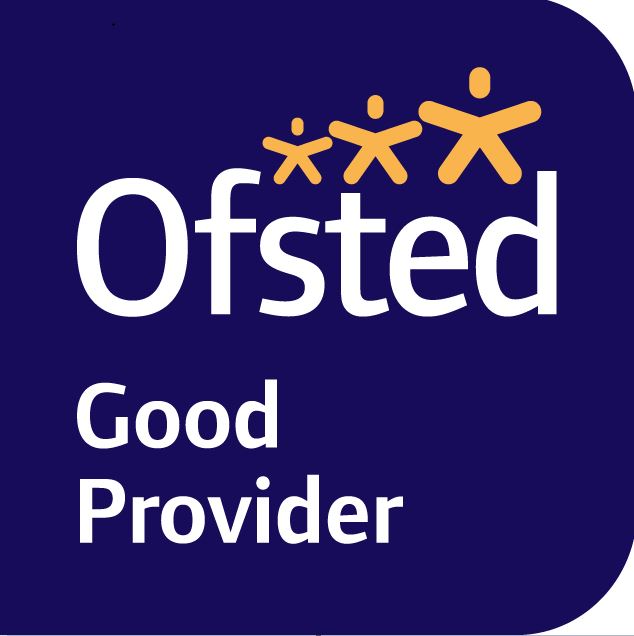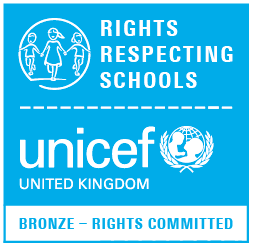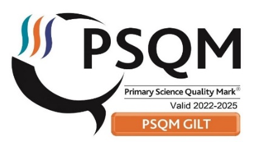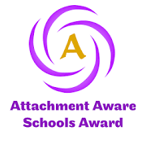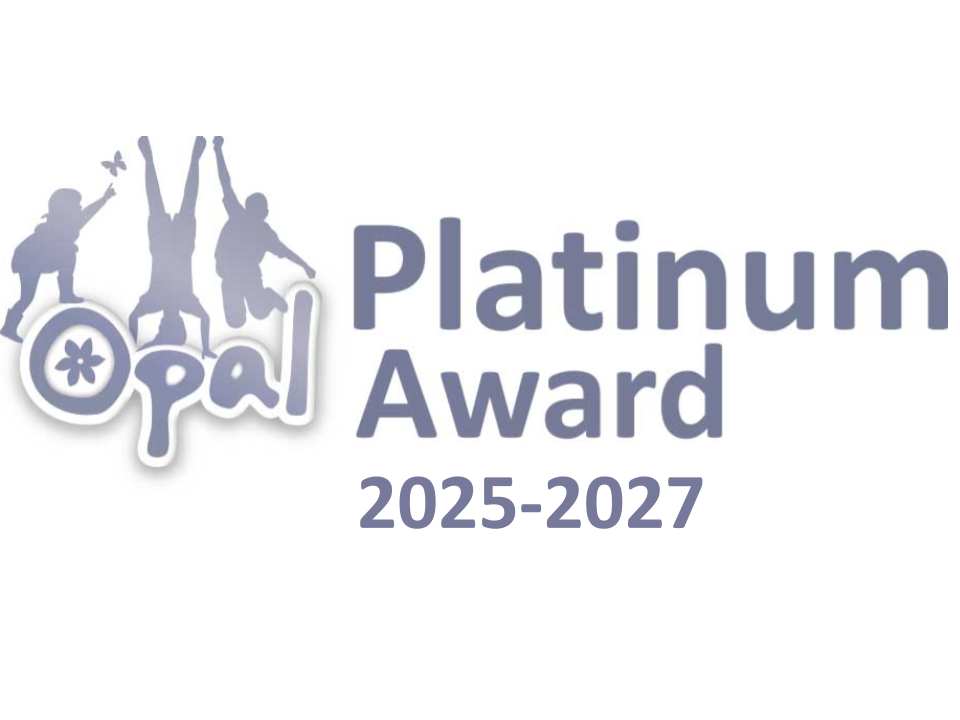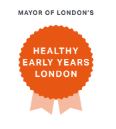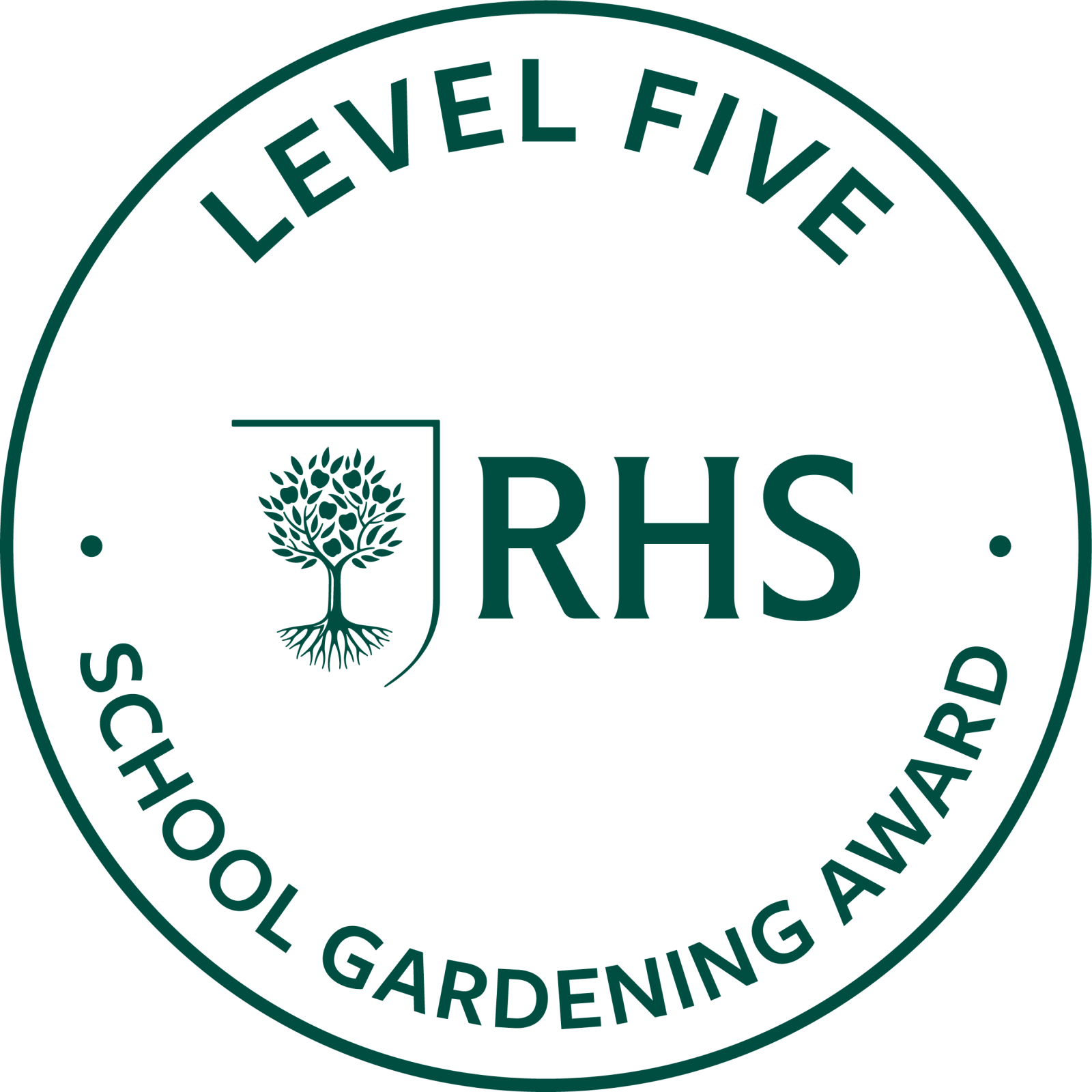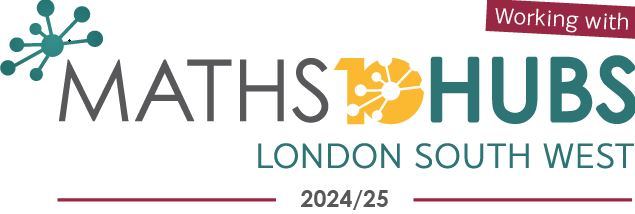English
Our Vision for English
At St. Matthew's we put a huge importance on our English curriculum as we believe that it is at the core of all that we do. We are determined that every child will leave St. Matthew's as a reader. Each St. Matthew's pupil, regardless of background, will be supported and challenged in order to acquire both the decoding and the comprehension skills necessary to succeed in secondary school and beyond. We believe that being a fluent and confident reader is at the core of our curriculum and is the key that unlocks future learning.
Secondly, our children will love literature! Pupils will be excited by, and immersed in, a wide variety of stories and different texts over the course of their 7 years here. They will have the opportunity to discuss and explore these texts, to form opinions about them and, most importantly, to lose themselves in the magic of stories. Therefore, alongside teaching every child the mechanics of how to read, we also aim to instil a profound enjoyment of reading in each child and to develop them into lifelong readers.
Finally, the St. Matthew's children will leave us as confident communicators. Pupils will be able to communicate confidently and eloquently, using both written and spoken language, for a wide variety of audiences and purposes.
Phonics
In order to be a successful reader, you need the ability to blend sounds and letters, as well as the ability to show understanding of what you are reading. These two skills rely on each other – you cannot be a skilled reader without both skills. Phonics is the main strategy for learning to read and spell and will be taught until children are fluent readers and spellers.
At St. Matthew’s we use the scheme 'Pearson Bug Club' to teach phonics. The scheme helps children memorise sounds (phonemes) and learn how these are represented with letters (graphemes). Daily lessons are approximately twenty minutes long and taught at a quick pace. In these lessons, the children review their learning, are taught a new sound or skill, practise this and then apply it. Children are also taught tricky words which cannot be sounded out, and need to be learnt by sight.
Children continue to use their phonics knowledge as they move up the school. The whole aim of phonics teaching is not just to learn the sounds, but to use them as a tool for reading and spelling.
Reading
At St Matthew’s, we understand that reading is not only essential for independent learning, but also in developing creativity and curiosity. We aim for children to become readers who search for books they are passionate about and talk enthusiastically about what they have read.
Our teaching of reading encompasses the skills of both word reading and comprehension. Skilled word reading is taught from an early age through speedy decoding and recognition of printed words. Phonics are emphasised in the early teaching of reading to beginners when they start school. Comprehension skills develop through reading and discussing a range of high quality stories, poems and non-fiction. We encourage all pupils to read widely across genres in order to establish an appreciation and love of reading, and to access all areas of the curriculum. Reading opens a world of opportunity for young minds, developing imagination and curiosity.
In the Early Years and Key Stage 1, we aim for all children to become confident at decoding text, using phonics as their primary strategy. We use a systematic, synthetic programme, Pearson Bug Club, to deliver daily cohesive phonics lessons, with the aim of giving the children the skills they need to decode, understand and enjoy a range of books. We also have daily guided and shared reading sessions, as well as story time at the end of the day.
In Key stage 2, we continue the reading journey by developing skills in understanding and inferring knowledge from fiction, non-fiction and poetry texts. Children are challenged to retrieve information, infer meaning, summarise, predict and develop understanding of vocabulary, through our guided reading session and English lessons. Our pupils consider the affects of different texts on readers and are encouraged to question authors’ intentions when writing as well as debate the actions of characters and meanings behind books.
Through the use of quality texts in English and Whole Class Reading lessons, by Year 6 children have been exposed to, and thought deeply about, a range of important topics. This includes moments in history, Immigration, contrasting cultures, climate change and the handling of different emotions.
More than anything, pupils enjoy reading and see the purpose of learning to read. Through sharing texts with adults; performing poetry; having space to read independently and with friends, children develop a love for books and an appreciation of the art.
Writing
At St Matthew's our aim is to support the needs of all learners to create a community of authentic and exciting writers for life. This is achieved by modelling the entire writing journey to the children whilst ensuring they have ample opportunity to practise this independently; from drafting to proof reading and editing and finally taking pride in publishing their completed work in preparation for their final showcase to their intended audience.Across Key Stage 1 and Key Stage 2, a plethora of genres are covered. With a diverse range of stimuli including film footage; rich and challenging narrative texts; picture books and topic related experiences being utilised to engage the children to create imaginative fiction and non-fiction pieces for a varied range of purposes and audiences. At the start of each unit, the children are immersed in the characters, story or topic through a range of exciting activities including play dough modelling and role play.
Meanwhile, in Reception the focus is on the acquisition of early fine motor skills, talk and phonics in order to develop their writing skills. Our creative indoor and outdoor environments, which the children access daily, reflect all aspects of language development - speaking, listening, reading and writing. In order to inspire a desire to write, we use topics that reflect children's interests linked to high-quality texts and real life situations and opportunities.
In order to develop the attributes required to write for a variety of purposes, children are taught the necessary grammar and composition skills embedded within the English lesson where they also have the chance to identify the skill being used in model texts. We look to provide the children with interesting scenarios in order to achieve this: the use of drama such as role play or reciting aloud; character development through role on the wall and hot-seating; speaking and listening activities such as debate and the creation of art projects and real-life situations such as trips or visitors.
year 3 4 guided reading ltp.pdf
year 5 6 guided reading ltp.pdf


